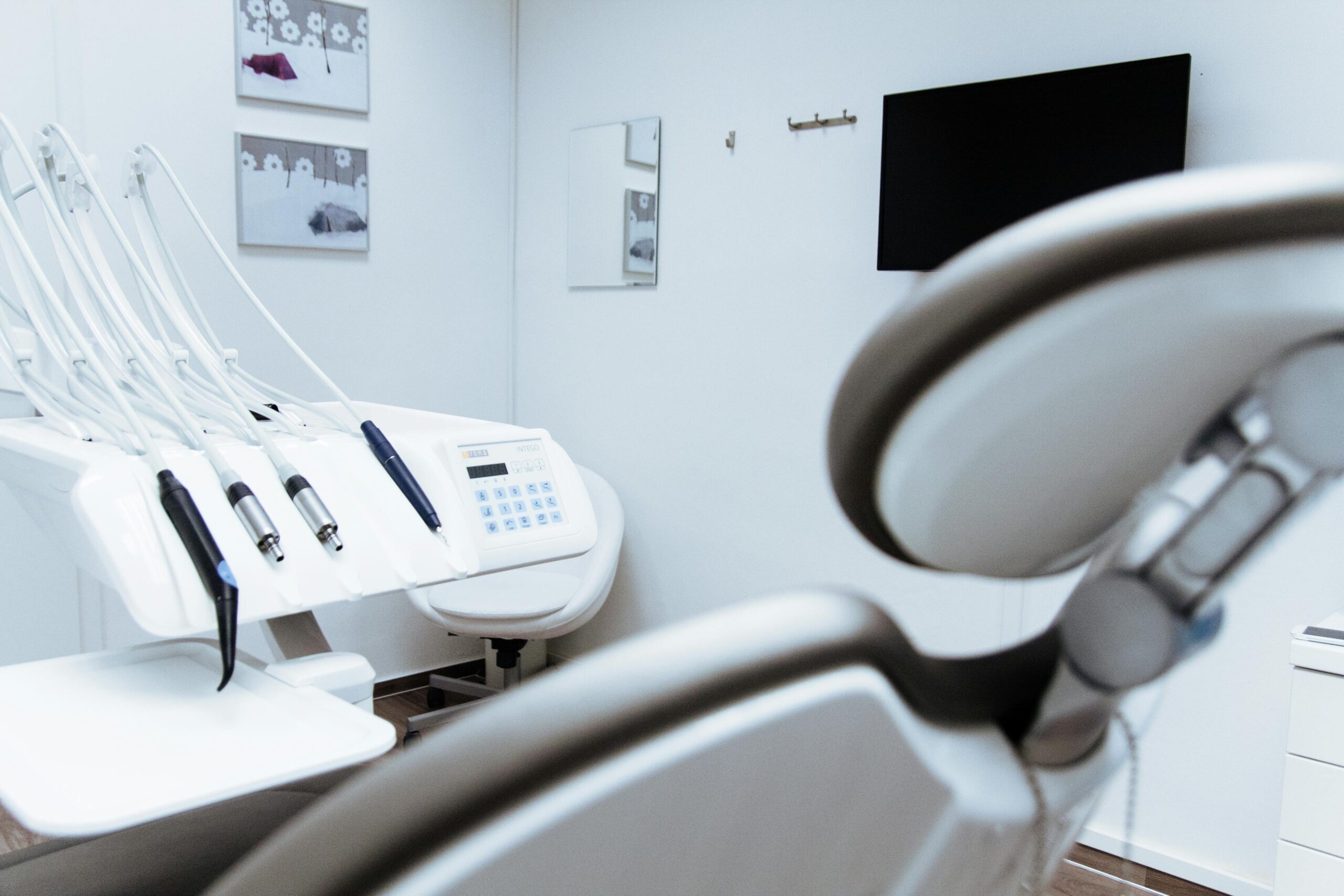Ever wondered what the visit by a pregnant woman to an obstetrician was called? It’s called an antenatal visit. Antenatal refers to ‘before birth’ so antenatal visits are performed before birth. However, not all women may undertake the same number of visits. Some women may not visit an obstetrician at all for the entirety of their pregnancy and some may visit more often. Access to a doctor, risks, and other factors play a role in the number of visits. Though a woman may need to come in more frequently, the minimum number of visits for each woman should be 5 visits per pregnancy.
Being pregnant for the first time can be nerve-wracking and you may have a gazillion questions in your head but what are the things you can expect on your first appointment?
1. A complete medical history
Medical history is taken every time you visit a doctor and an obstetrician is no exception. However, you may find that a medical history in this case takes a longer time. Pregnancy is a different stage of a woman’s life and hence care needs to be taken while managing any other conditions that she may have.
You may be asked to visit respective specialists in case you suffer from any other health condition to make sure that the medications you take are safe for the developing fetus. In case they aren’t you may be asked to stop the medication or given an alternative medication.
2. An approximate due date
An approximate due date is one crucial piece of information that parents want to know. Doctors cannot tell an exact date when your baby will be born hence they give an approximate date. However, once you progress into the pregnancy, your doctor may suggest a scheduled c-section in case of complications.
Due dates are calculated in two ways. One method is used when the mother undergoes IVF where the exact date of conception is known. Naegel’s rule is used in cases where there is no IVF.
3. Examinations
Expect quite a few different kinds of examinations on your first visit. Physical examination includes your height, weight, blood pressure, examination of your skin, abdomen, etc. A pelvic exam includes an examination of your cervix, uterus, and fallopian tubes.
Always inform your medical provider in case of any discomfort or pain and ask for pain relief if available. Do not let your medical provider belittle your pain.
4. Lab tests
Lab tests are a vital part of antenatal visits. There are two types of lab tests: Routine tests and additional tests.
Routine tests include blood tests, tests for UTI, and tests for STDs such as syphilis, HIV, down syndrome, etc. Additional lab tests include testing for other STDs, infections, and thyroid function.
Patient education is an important part of antenatal visits and you can ask your doctor any questions that you may have. Here are a few ways to be prepared for an antenatal visit:
- Educate yourself on the possible questions that you may get
- Carry a list of medications that you take
- Make a list of the questions that you want to ask your doctor
Being prepared for an antenatal visit may lessen nervousness and give you an approximate time of a visit which can help you plan it accordingly.

